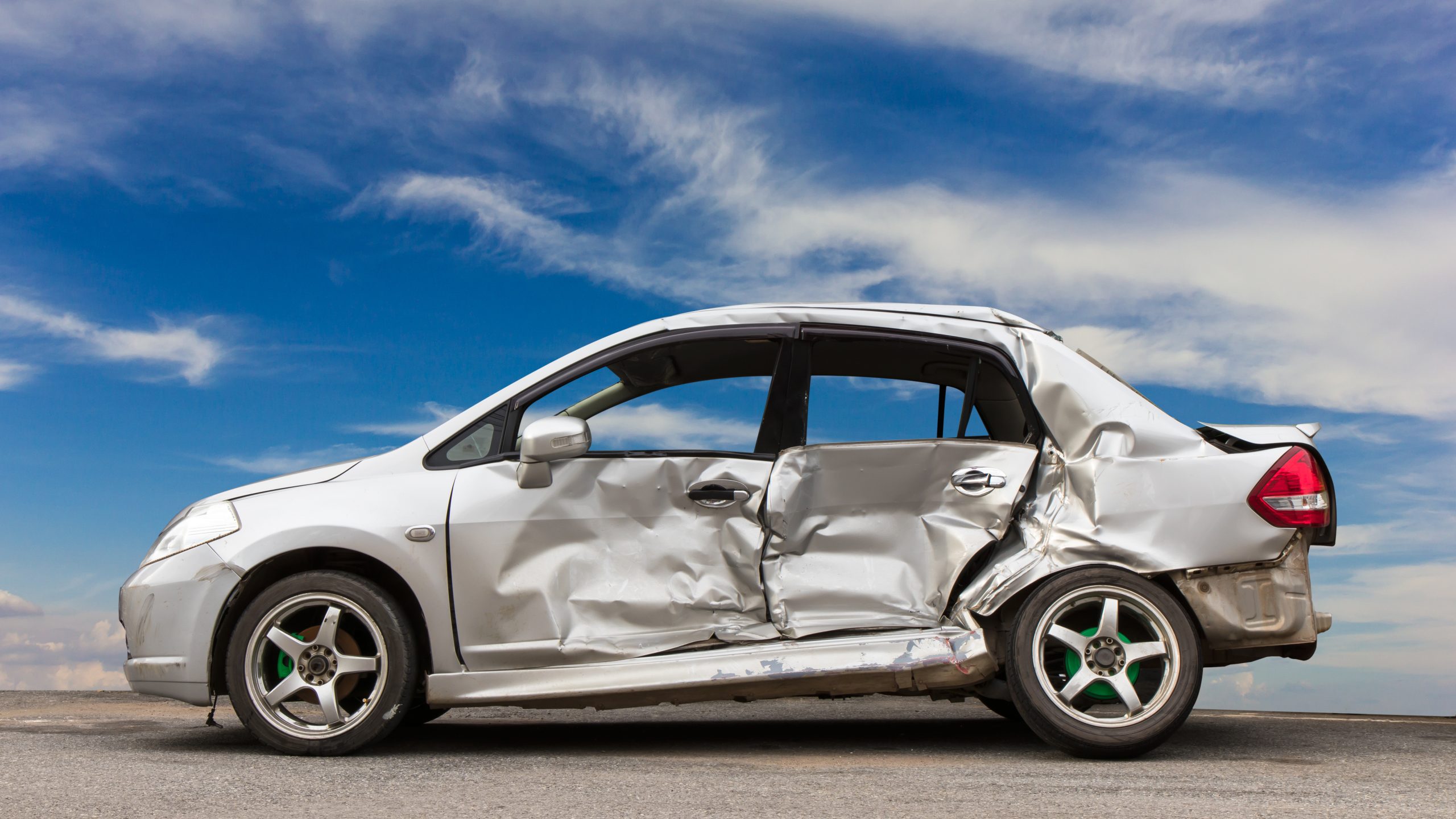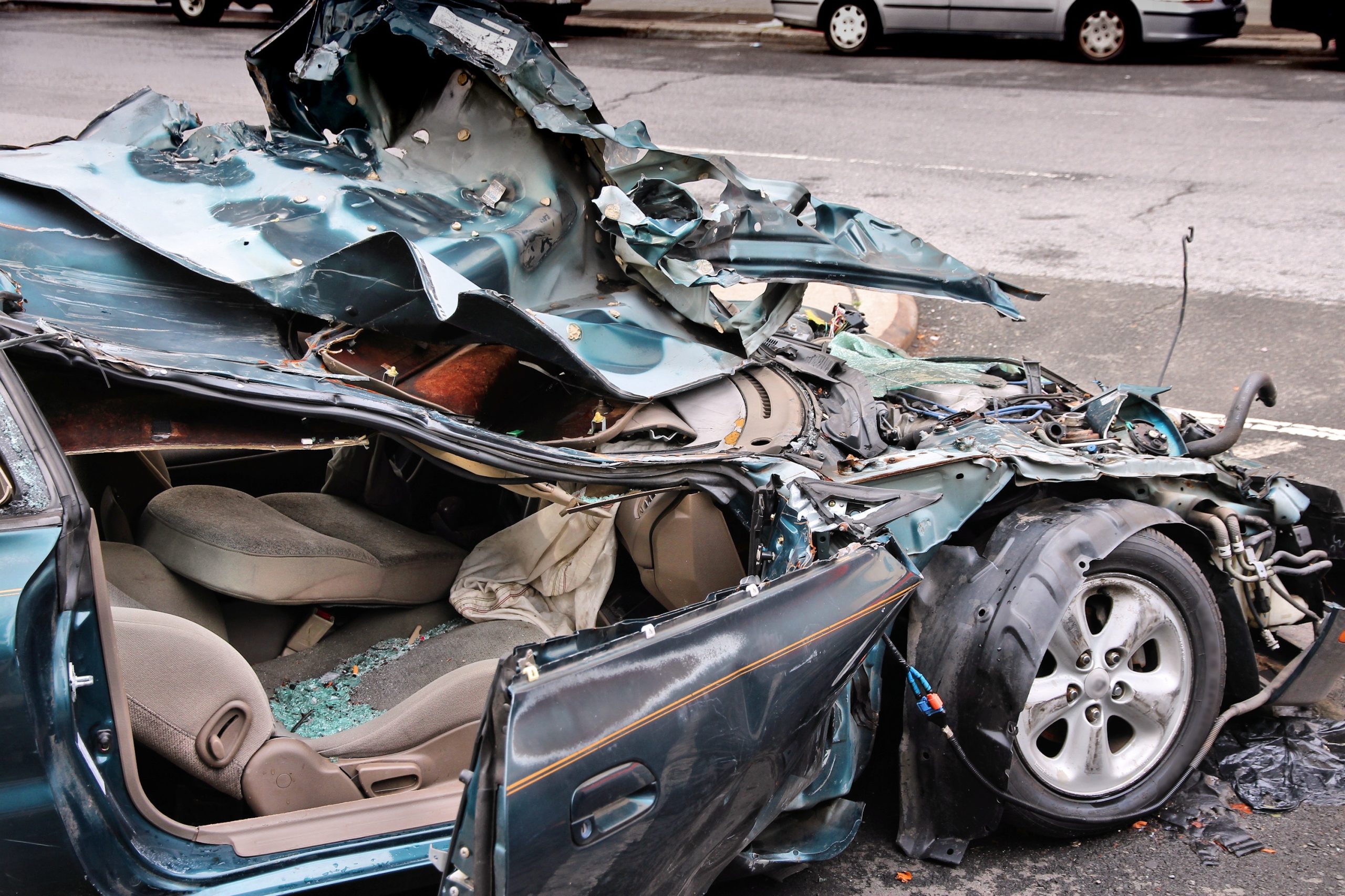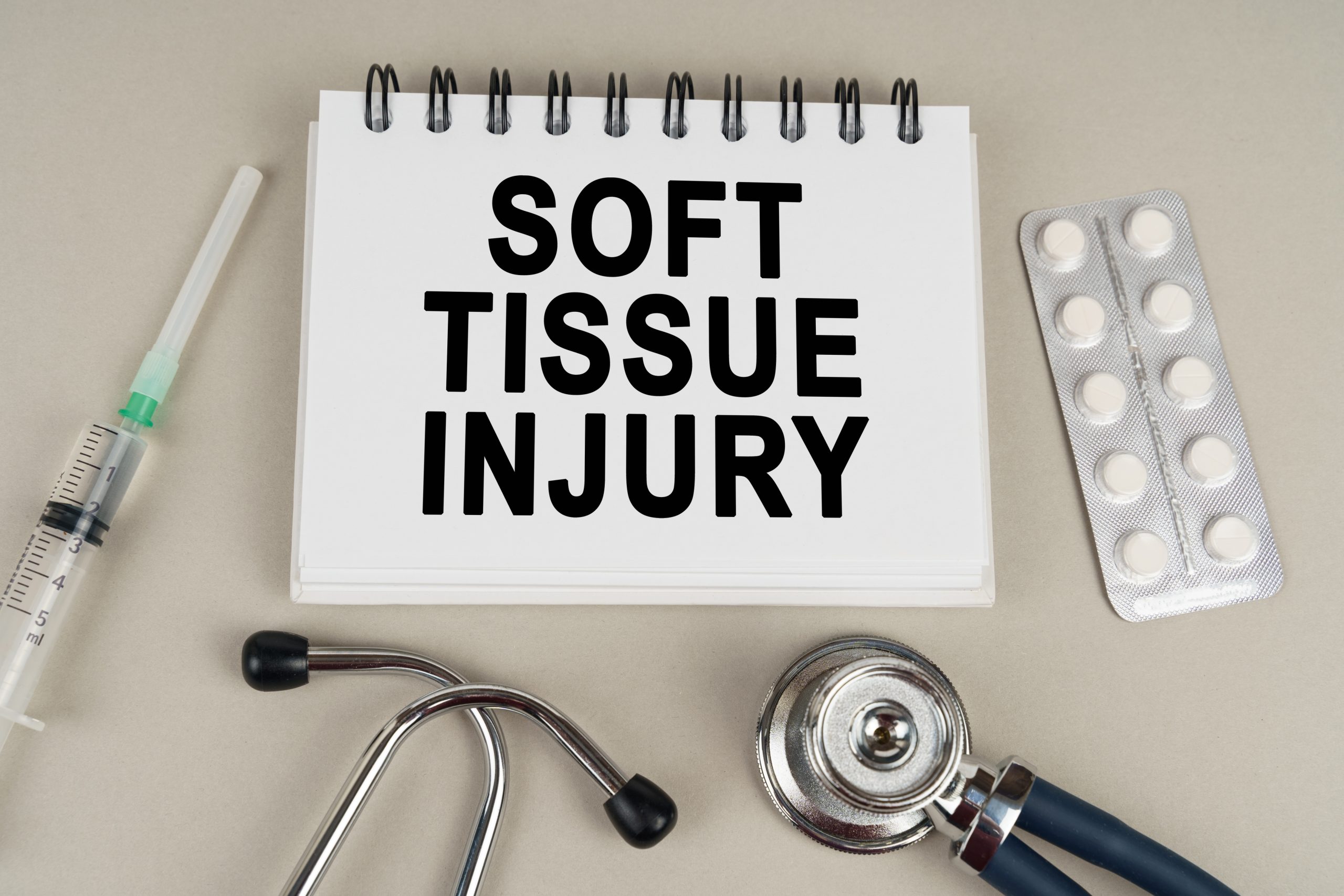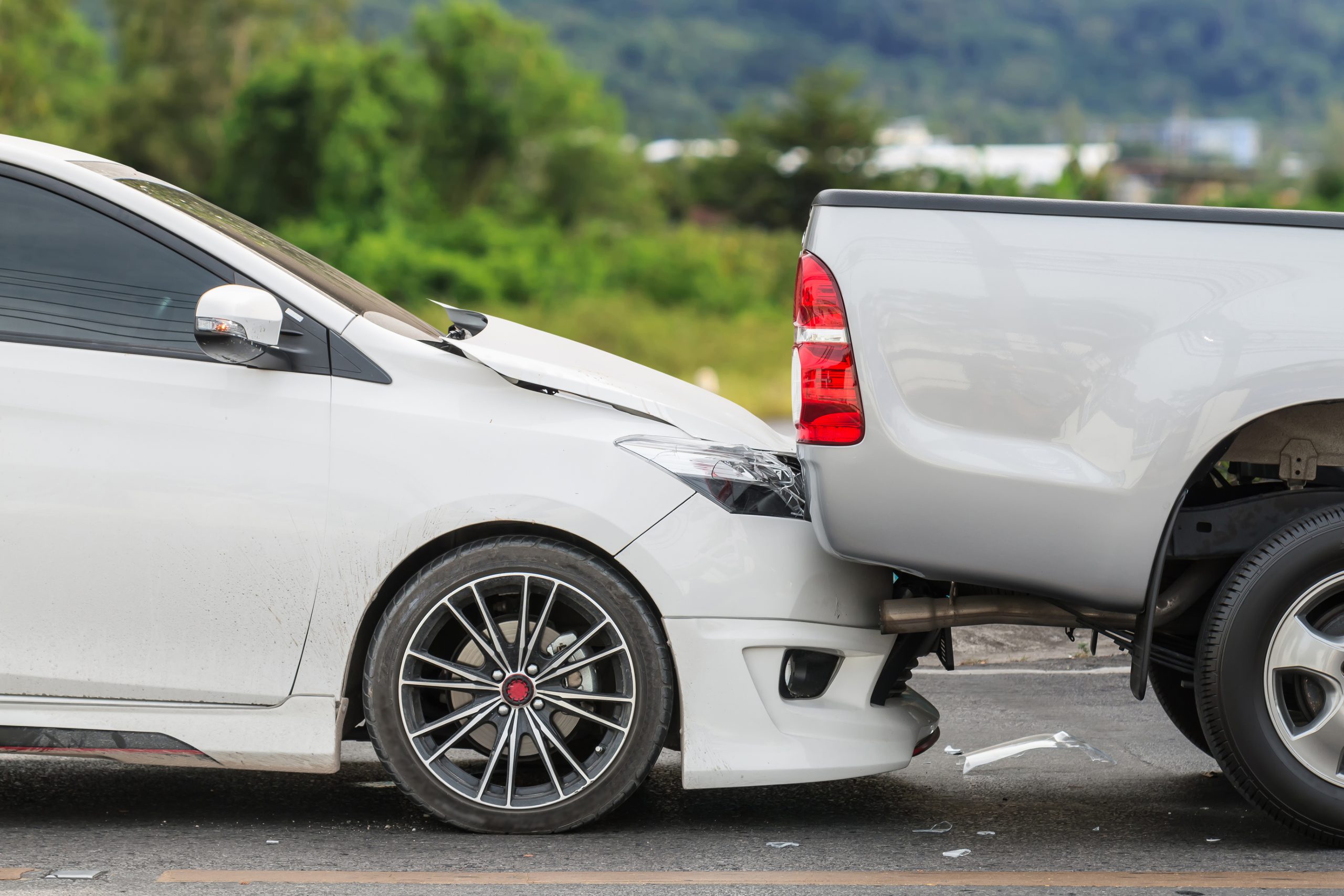If your car is damaged in an accident and the cost to repair it is more than the car’s actual value, it may be considered “totaled.” This can be the case if your auto insurance company decides it cannot be repaired safely or if it meets other requirements specified by your state.It is very common for total loss vehicles to still have an auto loan against them. Why? Because, most people cannot afford to buy a brand-new car in cash so they finance the purchase. Once a car is driven off the lot, it depreciates; therefore, it is very easy for people to owe more on their cars than they are worth. So, what if your car is totaled and you still owe money on the loan?
What Does It Mean When Your Car Is Totaled?
For a vehicle to be declared a total loss by an auto insurance company, it must meet one of several criteria:
- The car costs more to repair than its actual cash value. For example, State Farm says it bases actual cash value on the car’s “year, make, model, mileage, overall condition, and major options- minus your deductible and applicable state taxes and fees.”
- The insurer determines that the car cannot be repaired so that it will be safe to drive.
- A state’s auto insurance laws can dictate when a car is considered totaled.
State insurance laws and auto insurance companies have formulas for determining whether a car should be considered a total loss. Many states use a “total loss formula”- if the cost of the repairs plus the salvage value of the car exceeds what the car was worth before the accident, then it will be considered a total loss. Some states set a “total loss threshold”- the damage only needs to exceed a certain percentage of the car’s value for it to be considered a total loss. In New York, for example, the threshold is 75%. So, if the cost of repairs plus the car’s salvage value exceeds 75% of its actual cash value, then the car is a total loss for insurance purposes.
How To File an Insurance Claim for a Total Loss
If your car was totaled in an accident in which another driver was at fault, you can file a claim with that person’s insurance company. Your own insurance company may help you through the claims process. In every state except New Hampshire and Virginia, drivers are required to carry at least a certain minimum amount of property damage liability coverage. (Both New Hampshire and Virginia have a financial responsibility law requiring that drivers without insurance can prove that they could cover any damage they might cause.) On the other hand, if you were at fault (or no other driver was involved), you will file a claim with your own auto insurance company. To do that, you must have collision or comprehensive insurance coverage as part of your policy. Collision insurance covers damage to your car in an accident with another vehicle or an object such as a tree or guardrail. Comprehensive covers damage from causes other than a collision, such as fire, wind, flooding, vandalism, or a falling object. Both comprehensive and collision insurance are optional. They both have deductibles, which is the amount you must pay before your insurer will pay. For example, if you have a $500 deductible and your car is totaled in an accident, your insurer would deduct $500 from your insurance settlement.
How Much Will My Auto Insurance Company Pay Me for the Totaled Car?
Generally, your insurer will pay you the value of the vehicle minus any deductible. The current value of the vehicle is the market value, or the price that the car could be expected to resale for had it not been totaled. If the car was totaled in an accident caused by another driver, the driver’s insurer is likely to be responsible for compensating you for the vehicle’s value without any deductible.
Insurance Company’s Decision
If you disagree with the adjuster’s assessment, you can first try to resolve the matter with your insurance company. If you cannot come to an agreement with the insurer, talk to the consumer services personnel at your state insurance department. If that does not work, and the amount of money involved is substantial, you may consider hiring a private lawyer or a public adjuster to help press your case.
A Total Loss on a Financed or Leased Car
If you still owe money on the totaled car, the situation is more complicated, especially if your car is relatively new. Because new cars depreciate quickly in the first few years of ownership, it is not uncommon for the balance on a car loan to be higher than the car’s actual value. So, in addition to whatever you receive from the insurance company, you may have to pay for your loan out of pocket. You will also be responsible for the difference if you owe more on your lease than you receive in an insurance settlement.
Gap Insurance
A term to familiarize yourself with when dealing with a totaled vehicle with an outstanding car loan is gap insurance, which stands for “guaranteed auto protection.” Gap insurance covers the difference-or the ‘gap’-between the actual cash value of your vehicle and the current outstanding balance on your loan or lease if your vehicle is totaled in an accident. Suppose your auto insurance declares your vehicle a total loss and offers a payout based on the car’s actual cash value. In that case, it could be significantly lower than the loan balance, especially for a newer vehicle that depreciates quickly. That is when gap insurance comes into play.
Who Is Responsible for Paying the Car Off?
Ultimately, you are. You agreed to borrow a certain amount of money at a certain percentage rate and to make all payments until the car is paid off. Without the collateral of the car (when your car is a total loss) the lender will expect loan repayment in full. There is a considerable danger in “rolling over” your note to buy a new car and include the balance due on a previous car. If you get into an accident, you could end up owing a significant amount of money on a totaled car.



